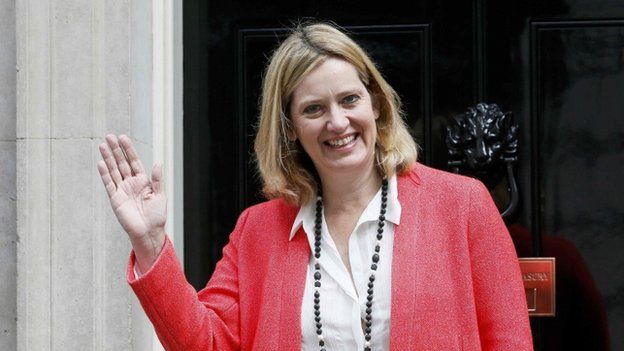MPs 'denied say' over cuts to solar subsidies
- Published

MPs have accused the government of denying them a say over planned cuts to solar subsidies.
Ministers are risking the future of low-carbon energy with a series of abrupt cuts to industry support, the Commons Energy Committee's chair said.
The solar and wind industries say they can compete without subsidy in a few years if support is tapered off slowly.
But the MPs say the whole sector is jeopardised by changes announced after MPs had left for their summer recess.
The committee, which is chaired by SNP MP Angus MacNeil, says it will not have time to discuss the changes before the consultation period concludes on 1 September.
'Off a cliff'
Mr MacNeil said: “The measures raise more alarming questions for investors in low-carbon technologies who are already struggling to finance projects after a series of sudden policy changes.
“Removing support for the lowest cost renewables calls into question once more the government's commitment to decarbonisation targets, sending out a worrying signal in the run up to the Paris climate change conference.”
Professor Jim Watson, from the UK Energy Research Centre, warned that if solar subsidies disappeared completely the government risked the industry “dropping off a cliff”.
The solar cut is the latest in a succession of announcements that have rocked the low-carbon sector.
Over the past few months the Treasury has cut onshore wind subsidies; large-scale solar subsidy; the energy efficiency budget; small-scale solar subsidy; the obligation for new homes to be zero carbon; the escalating tax on polluting industry; and low vehicle excise duty on energy efficient cars. It has also introduced a tax on green energy.
'No blank cheque'
The Treasury insists it must cut the escalating amount promised to clean energy, in order to stop people’s bills from rising.
Speaking on BBC Radio 4's Today Programme, the Energy Secretary Amber Rudd said it was wrong for a supply-driven energy system like solar power to get a “blank cheque” from bill-payers.
Ms Rudd, who gave evidence to the energy committee on Tuesday about her department's priorities, said the government was willing to pay more for nuclear power because, unlike wind and solar, it was not intermittent.
She appeared to hint that the government would address the concerns of the industry in its forthcoming consultation on solar, although a government press release suggested that the decision had already been made to end the subsidies.
Critics of the renewables industry argue that taxpayer support for projects such as feed-in tariffs have "exploded" in recent years and contributed to increases in household bills that are unsustainable.
The Centre for Policy Studies, a free-market think tank, welcomed Ms Rudd's announcement saying she had "grasped the nettle that more renewables mean higher electricity bills".
The renewables industry is striving to tackle the intermittency issue by developing novel ways of storing energy – and complained that if renewables are curtailed, advances in battery power will be restricted too.
The problem for the government is that it cannot tell whether the green industries are crying wolf over subsidies without pushing them over the cliff of self-sufficiency and seeing whether they fly or die.
Chancellor George Osborne has insisted the Conservative government would still continue to promote low carbon investment and would be pushing for a deal at United Nations talks in Paris later this year to limit global warming to 2C.
- Published22 July 2015
- Published26 February 2015